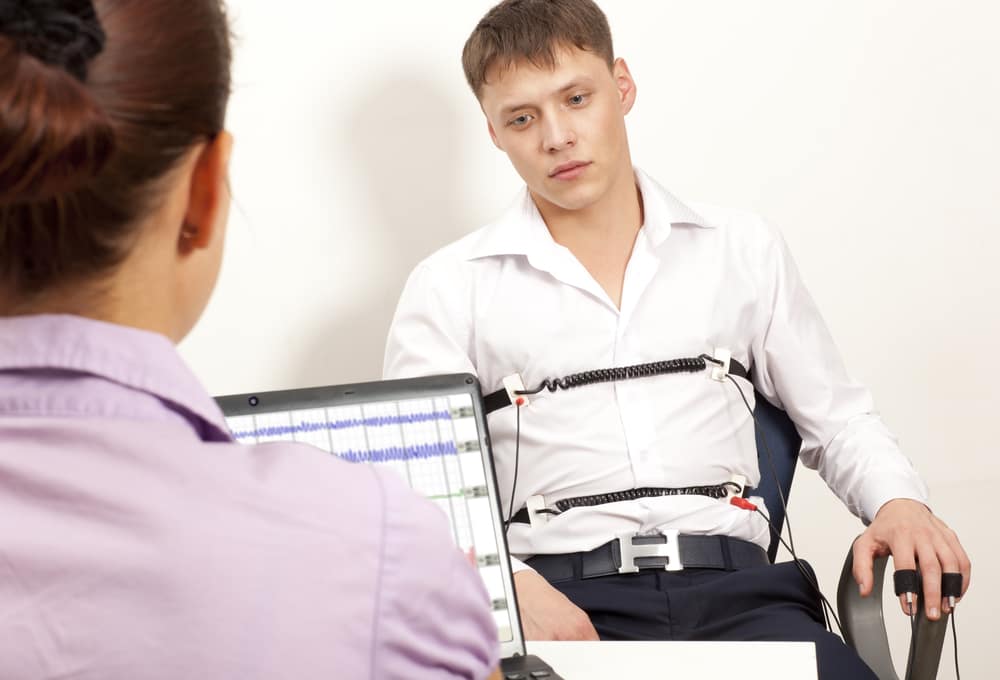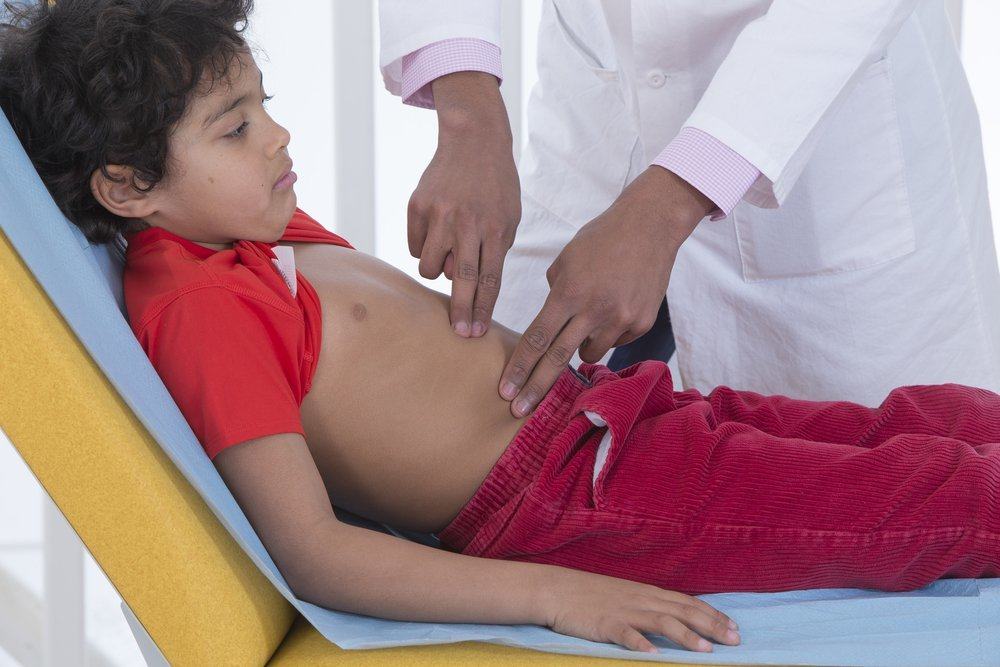Contents:
- Medical Video: Exercise is Medicine: Keep Active with a Low-Heart-Rate Walk
- What is bradycardia (weak heartbeat)?
- What should be a normal heart rate?
- What causes bradycardia to occur?
- In addition to a weak heartbeat, what else will be felt if you experience bradycardia?
- How do you know if your heart rate starts to weaken?
- What happens if bradycardia is not treated properly?
- How to treat bradycardia?
- What can be done if bradycardia occurs at home?
Medical Video: Exercise is Medicine: Keep Active with a Low-Heart-Rate Walk
Have you ever tried to count your heart rate? Did you know your heart rate is now normal or not? Or even slower than normal? A weak heartbeat that is not normal is one symptom that can endanger heart health, even general health.
What is bradycardia (weak heartbeat)?
The heart is an organ that functions to pump blood throughout the body, in the blood there is food and oxygen for all cells and tissues. When the heart does not function normally, various bodily functions will be disrupted. The average heartbeat speed indicates heart activity, whether healthy or not. Normally, the heart rate is around 60 to 100 beats per minute. If you are less than 60 beats, then you have a weak heartbeat and slower than this.
For some people, a heart rate that is slow or less than 60 beats per minute does not cause any symptoms or signs, and maybe it is in accordance with his bodily functions. But for some others, having a weak heartbeat is a sign of a heart electrical system problem. This can be interpreted that the natural pacemaker possessed by the body does not work properly, so the heart is very slow and cannot pump blood to meet the body's needs. The impact of severe bradycardia can cause death. The age group that has entered 65 years or more, tends to have a weak or slow heart rate, therefore the elderly need special treatment and care.
What should be a normal heart rate?
Everyone's heart rate may vary, especially when compared to the age group or physical activity performed. The following is the number of normal heart rates depending on age:
- For adults, the resting state has a normal heart rate of 60 to 100 beats per minute.
- Athletes or in groups of people who are undergoing certain medications, may have a lower heart rate.
- Normal heart rate in children 1 to 8 years is 80 to 100 beats per minute
- In babies aged 11 to 12 months, a normal heart rate is 100 to 120 beats per minute.
- Newborns, or less than 1 month usually have a heart rate of around 120 to 160 beats per minute.
What causes bradycardia to occur?
A weak heartbeat can be called bradycardia. Bradycardia, or a weak heartbeat caused by various things, namely:
- Aging, someone who has entered old age
- Diseases or disorders of bodily functions that damage heart function, such as coronary heart disease, heart attacks, and infections of the muscles or the lining of the heart
- Conditions that reduce the rate of heart electrical impulses, for example hypothyroidism and electrolyte imbalances such as potassium in the blood
- Some types of drugs that cause heart disease such as high blood pressure
In addition to a weak heartbeat, what else will be felt if you experience bradycardia?
Bradycardia causes not enough blood to be distributed properly throughout the body, because it can cause various symptoms such as:
- Feel dizzy
- Breath feels short and difficult to move
- Feeling very tired
- Pain in the chest and a feeling of the heart such as palpitations.
- Feeling difficult to focus and lose concentration
- In severe cases, a heart attack can occur.
How do you know if your heart rate starts to weaken?
You can actually calculate and feel your heartbeat yourself. Check the heart rate by feeling the pulse on the wrist or on the neck using 2 fingers. Feel the beating pulse. When you can feel the pulse, then count the pulses for 15 seconds. Then the results of the pulse you count are multiplied by number 4 and you have got your heart rate per minute.
Or, if you often feel the symptoms mentioned earlier, it is better to see a doctor. Doctors will usually diagnose patients who may experience bradycardia using an electrocardiogram (ECG). An electrocardiogram is a device that serves to measure electrical signals that regulate the rhythm and heart rate in the body.
What happens if bradycardia is not treated properly?
Very severe bradycardia can cause the following:
- Heart failure
- Angina pectoris
- Low blood pressure
- High blood pressure
How to treat bradycardia?
How to deal with bradycardia depends on what causes bradycardia, or depends on the symptoms caused. If bradycardia does not cause harmful symptoms, the doctor usually does not take any medical action. The purpose of the treatment carried out in people who experience bradycardia is to increase the heart rhythm so that the blood flows well throughout the body.
What can be done if bradycardia occurs at home?
In most cases, bradycardia is the result of a heart problem or problem. Therefore, what must be done is to do various things that maintain heart health, such as:
- Applying a healthy diet, increasing the source of fiber and limiting sources of fat, especially saturated fat and trans fat.
- Do sports and activities every day, at least 30 minutes a day.
- Do not smoke
- Losing weight if you are overweight.
- Control other health problems such as hypertension or elevated cholesterol levels.
READ ALSO
- Symptoms of a Heart Attack Based on Age and Gender
- How Can Cigarettes Cause Heart Disease?
- HIV Treatment Turns Out to Increase the Risk of Heart Attack












